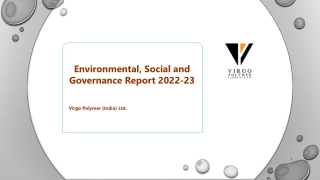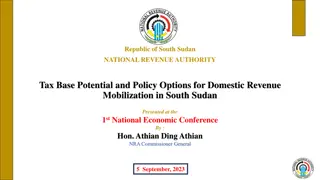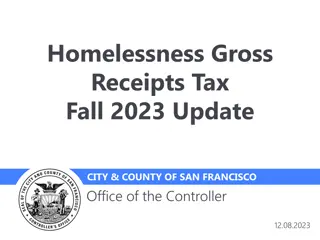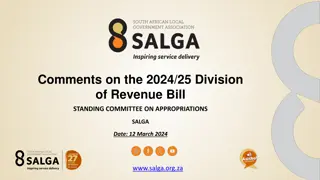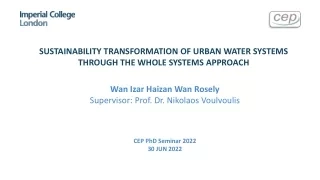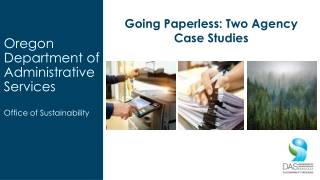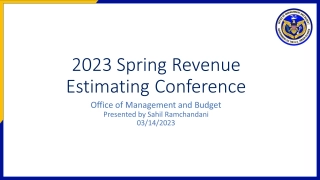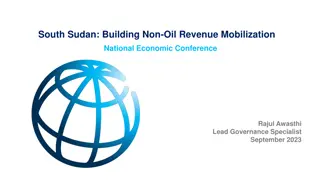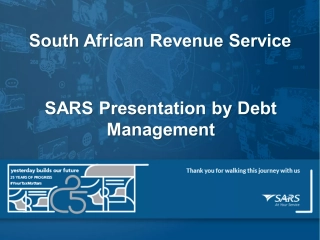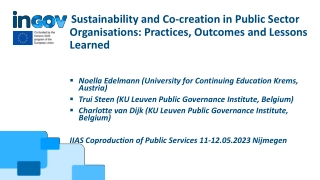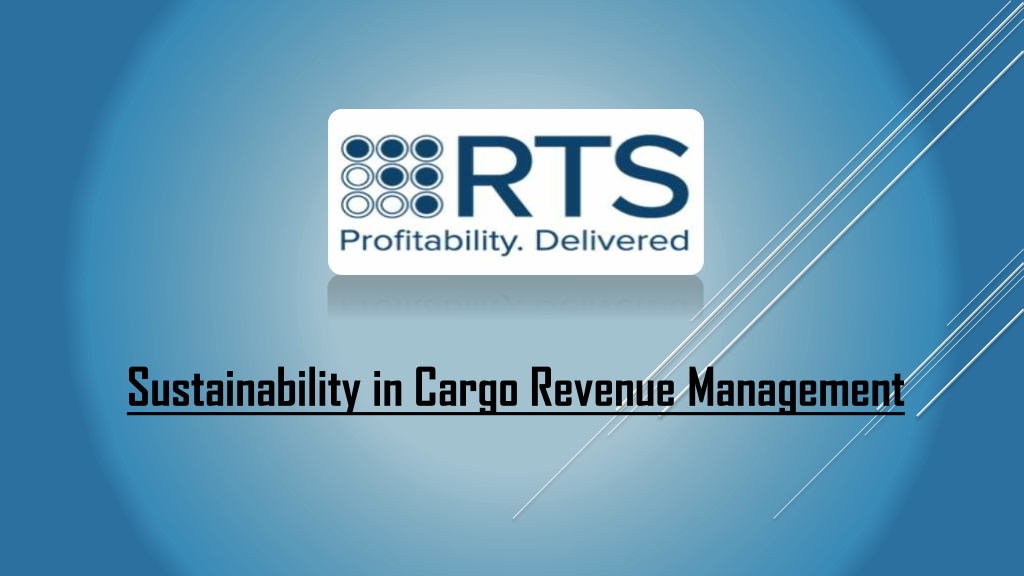
Sustainability in Cargo Revenue Management
In todayu2019s rapidly evolving logistics industry, sustainability has emerged as a critical factor influencing business operations. Cargo revenue management, a strategic approach to maximizing profitability by optimizing the allocation and pricing of cargo space, is no exception. Revenue Technology Service (RTS) recognizes the importance of integrating environmental considerations into cargo revenue management strategies to foster a sustainable future.n
- cargo cloud solutions
- cargo pricing
- cargo revenue
- cargo revenue management
- cargo solutions
- cargo strategy consulting
Download Presentation
Please find below an Image/Link to download the presentation.
The content on the website is provided AS IS for your information and personal use only. It may not be sold, licensed, or shared on other websites without obtaining consent from the author. Download presentation by click this link. If you encounter any issues during the download, it is possible that the publisher has removed the file from their server.
Presentation Transcript
In todays rapidly evolving logistics industry, sustainability has emerged as a critical factor influencing business operations. Cargo revenue management, a strategic approach to maximizing profitability by optimizing the allocation and pricing of cargo space, is no exception. Revenue Technology Service (RTS) recognizes the importance of integrating environmental considerations into cargo revenue management strategies to foster a sustainable future.
The Imperative of Sustainability in Cargo Revenue Management The global logistics sector significantly contributes to environmental challenges, including greenhouse gas emissions, resource depletion, and waste generation. As stakeholders across the supply chain increasingly prioritize sustainability, incorporating green practices into cargo revenue management is not just a trend but a necessity. By doing so, companies can enhance their brand reputation, comply with regulatory requirements, and contribute to global sustainability goals. Optimizing Routes and Loads for Environmental Efficiency One of the primary strategies for integrating sustainability into cargo revenue management is optimizing routes and loads. Efficient route planning minimizes fuel consumption and reduces carbon emissions. Advanced algorithms and AI-driven solutions can analyze vast amounts of data to determine the most fuel-efficient routes, considering factors like traffic patterns, weather conditions, and cargo types. Furthermore, optimizing load factors ensures that cargo space is utilized to its maximum capacity, reducing the number of trips needed and, consequently, the environmental footprint. Dynamic Pricing with a Green Perspective Dynamic pricing, a cornerstone of cargo revenue management, can also incorporate environmental considerations. Companies can develop pricing models that incentivize customers to choose greener options. For instance, offering discounts for off-peak deliveries or for using eco-friendly packaging can encourage behaviors that align with sustainability goals. By aligning pricing strategies with environmental impact, companies can drive customer behavior towards more sustainable choices.
Adopting Sustainable Technologies and Practices Investing in sustainable technologies is another vital aspect of green cargo revenue management. Electric or hybrid vehicles, energy-efficient warehouses, and sustainable packaging materials are examples of how technology can reduce the environmental impact of logistics operations. Revenue Technology Service advocates for adopting these technologies to enhance sustainability while maintaining profitability. Collaboration and Partnerships for a Greener Supply Chain Sustainability in cargo revenue management also involves collaboration across the supply chain. Building partnerships with eco-friendly suppliers, carriers, and customers can create a cohesive approach to sustainability. Shared commitments to reducing environmental impact can lead to innovative solutions and collective benefits. For instance, collaborative efforts in consolidating shipments can reduce the number of trips, leading to lower emissions and cost savings. Monitoring and Reporting Environmental Impact Effective sustainability strategies require robust monitoring and reporting mechanisms. Revenue Technology Service emphasizes the importance of tracking key performance indicators (KPIs) related to environmental impact, such as carbon emissions, energy consumption, and waste reduction. Transparent reporting not only ensures accountability but also provides valuable insights for continuous improvement.
Conclusion Incorporating environmental considerations into cargo revenue managementis not just an ethical responsibility but a strategic advantage. By optimizing routes and loads, adopting sustainable technologies, leveraging dynamic pricing, and fostering collaboration, companies can achieve a balance between profitability and sustainability. Revenue Technology Service is at the forefront of this transformative approach, helping businesses navigate the complexities of green logistics while driving revenue growth. As the industry continues to evolve, integrating sustainability into cargo revenue management will be crucial for long-term success and environmental stewardship.



